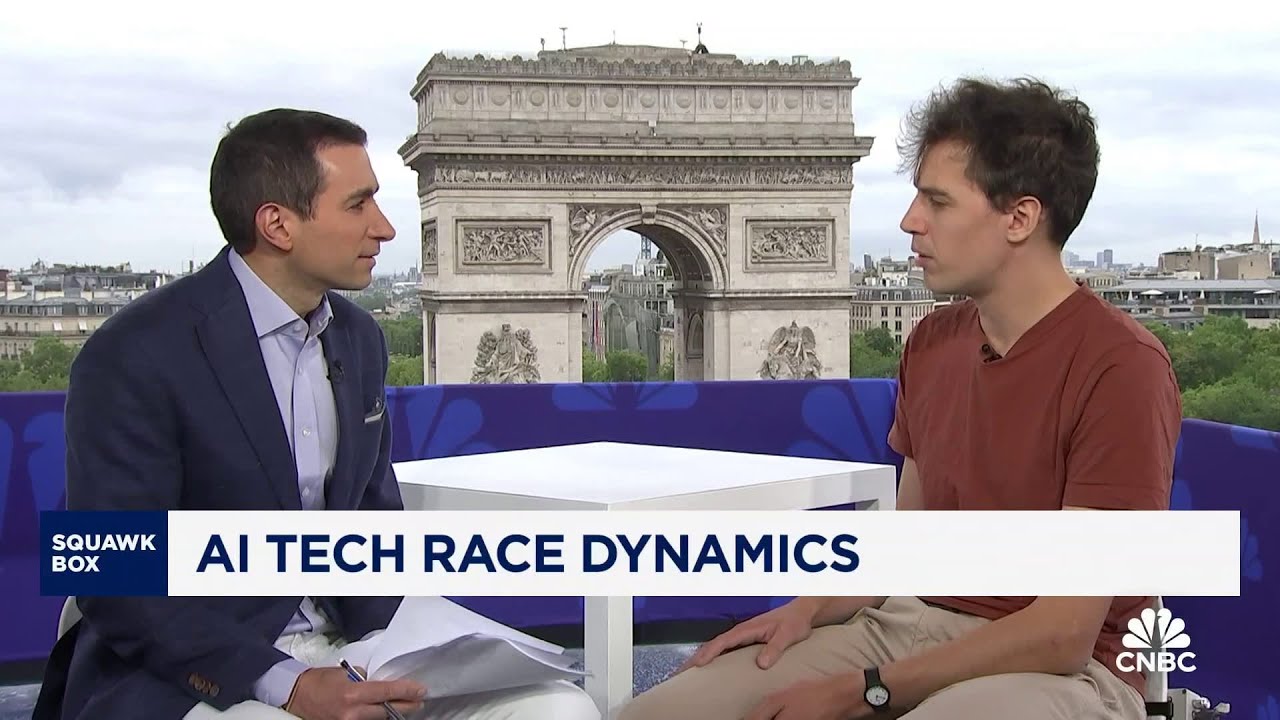Mistral CEO Arthur Mensch discussed the competitive landscape of AI technology, emphasizing the advantages of open-source models over closed-source ones and the importance of developer access to foster innovation. He expressed optimism about the potential for startups to thrive in the AI sector, highlighting Europe’s growing entrepreneurial spirit and technological capabilities.
In a recent interview, Mistral CEO Arthur Mensch discussed the landscape of AI technology, particularly focusing on the competition between various companies and the distinction between open-source and closed-source models. Mensch highlighted that Mistral is one of the few startups actively involved in developing large language models (LLMs), positioning the company as an independent player amid larger tech giants such as Google and Microsoft. He emphasized the importance of allowing developers to have deep access to their technology, enabling them to create customized applications without being restricted to centralized APIs.
Mensch expressed a clear preference for open-source models, arguing that they promote safer and faster technology adoption compared to closed-source alternatives. He addressed concerns raised by other AI leaders about the potential misuse of AI technologies, noting that centralized APIs could make it easier for malicious actors to exploit the technology. He asserted that, to date, open-source implementations have not led to negative outcomes, contributing positively to safety research and understanding AI’s implications.
The discussion also touched on the challenges that startups face in a market dominated by larger companies. Mensch noted that access to capital and talent is crucial for Mistral’s success. He pointed out that the AI field allows smaller teams to achieve significant results, which has enabled Mistral to operate effectively with a lean structure. This approach has helped the company leverage opportunities within the rapidly evolving AI sector.
Mensch responded to the narrative that only a few large companies would emerge victorious in the AI race, asserting that technological turning points often allow for the emergence of new players. He believes that Mistral has already demonstrated its potential to compete and succeed by offering innovative models and solutions to developers. This confidence suggests a belief in a more diverse market landscape rather than a monopoly of power among a few dominant firms.
Lastly, Mensch addressed the perception of Europe’s struggle to produce significant tech companies compared to the U.S. He argued that there is a growing ambition and entrepreneurial spirit in European tech hubs like Paris, London, and Germany. He sees this as a turning point for the region, with increasing recognition of talent and potential in the AI space. Mensch’s optimism reflects a shift in the narrative around European innovation, suggesting that the continent is not only catching up but also positioning itself as a competitive force in the global AI landscape.
